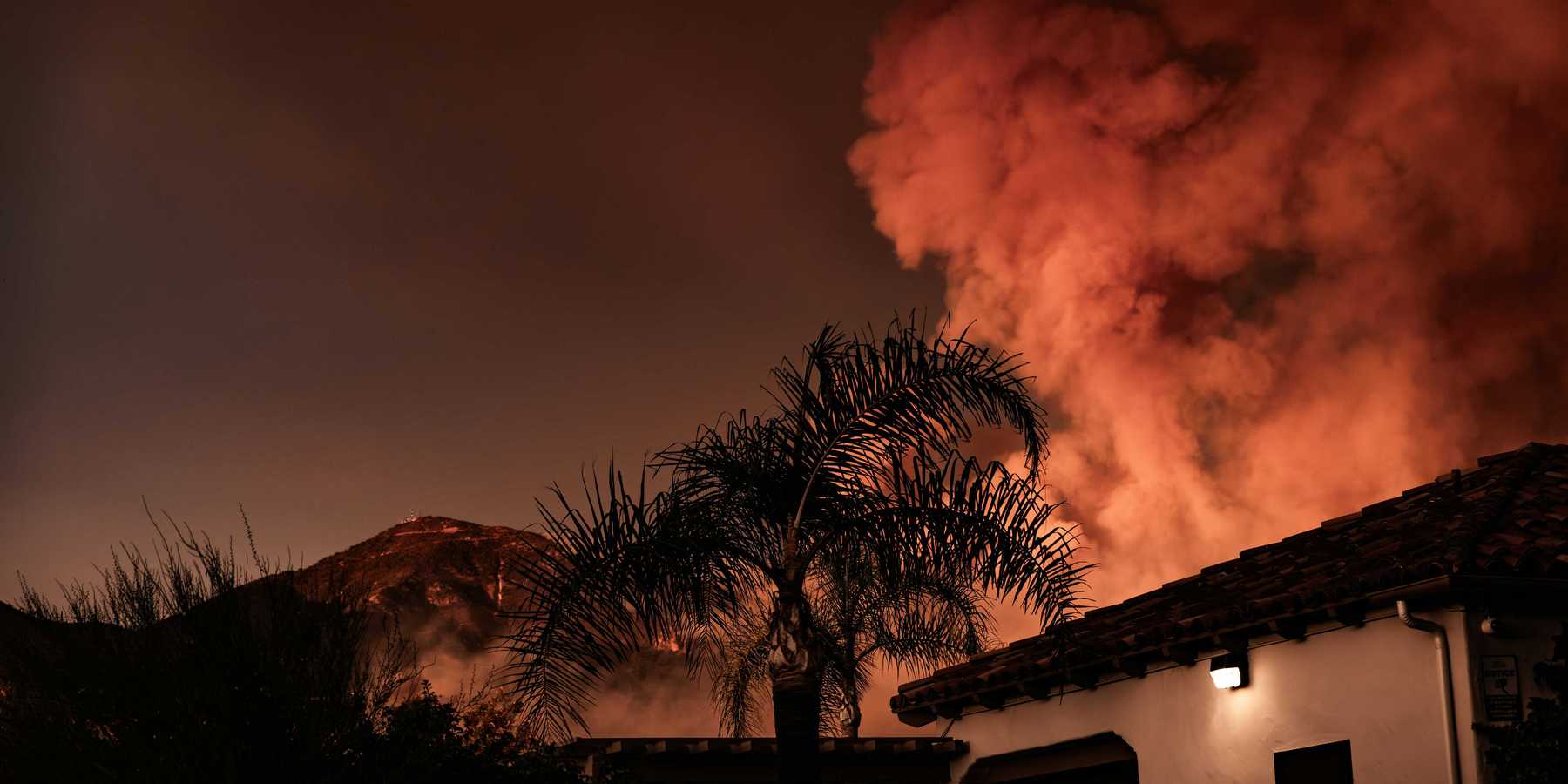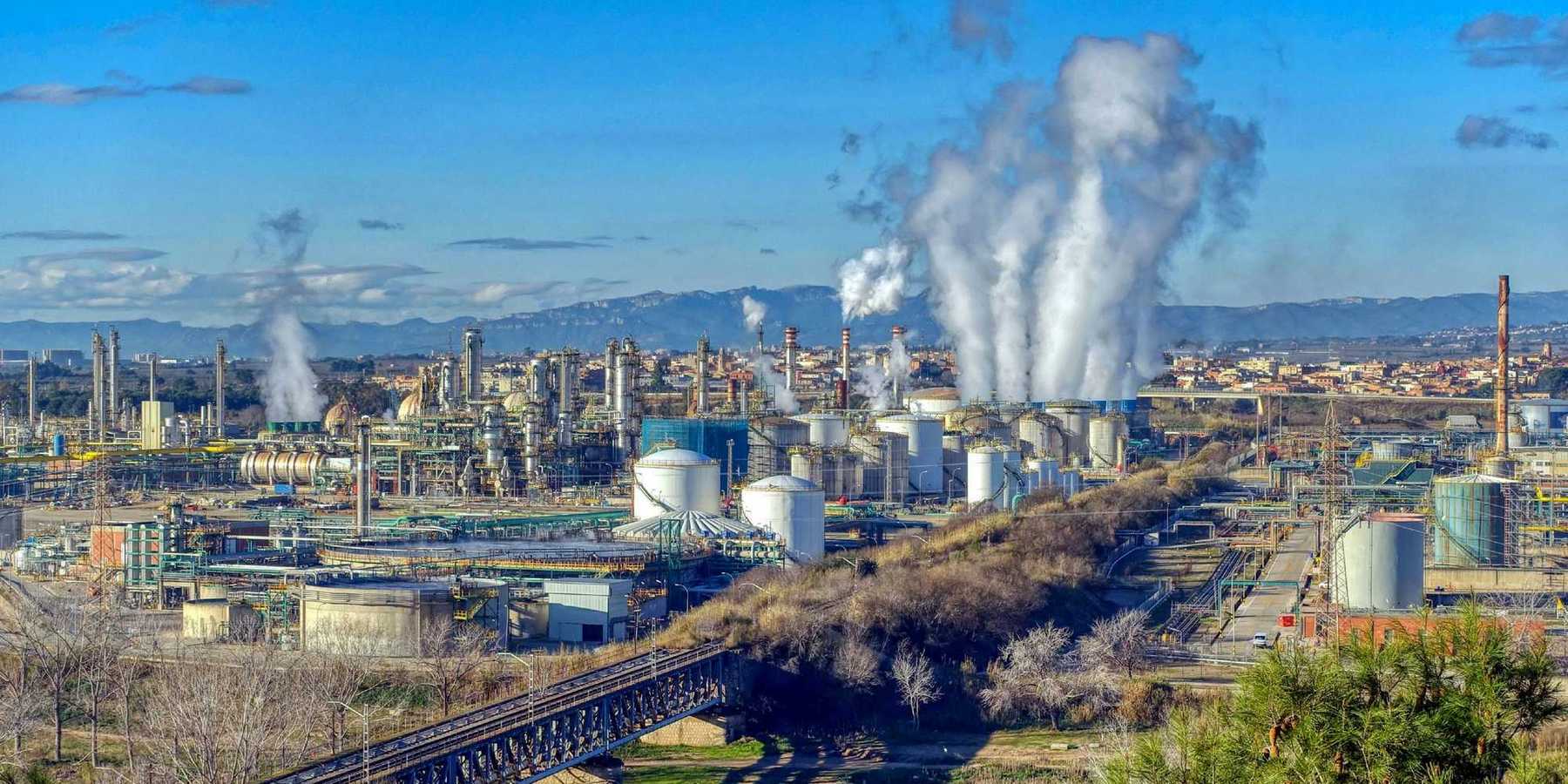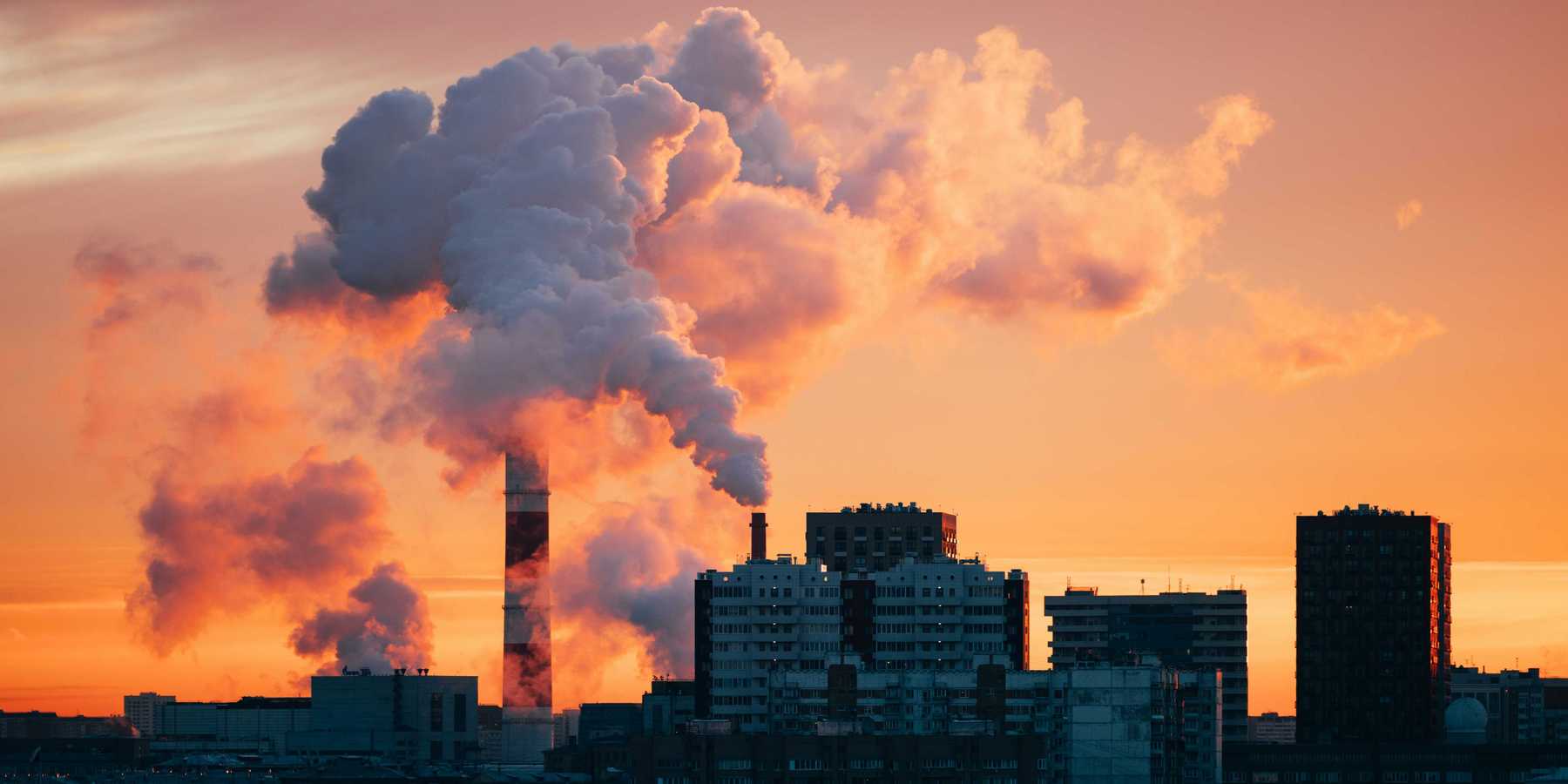29 August 2024
Scientists use bacteria to recycle metals from old batteries for green tech
Scientists are using bacteria to extract rare metals from discarded batteries and electronic waste, a breakthrough that could support the future of green technology.
Robin McKie reports for The Guardian.
In short:
- University of Edinburgh researchers are using bacteria to recycle metals like lithium and cobalt from old electronics.
- These metals are crucial for electric cars, wind turbines and other green technologies, yet are in limited supply.
- Bacteria naturally latch onto and expel these metals, offering a sustainable recycling method.
Key quote:
“Bacteria are wonderful, little crazy things that can carry out some weird and wonderful processes.”
— Louise Horsfall, chair of sustainable biotechnology at the University of Edinburgh.
Why this matters:
The limited supply of rare metals needed for green technology is a major hurdle in combating climate change. Bacterial recycling could create a sustainable loop for these essential materials, reducing dependence on finite resources.
Be sure to read: Recycling critical metals from electronics could ease mining impacts













